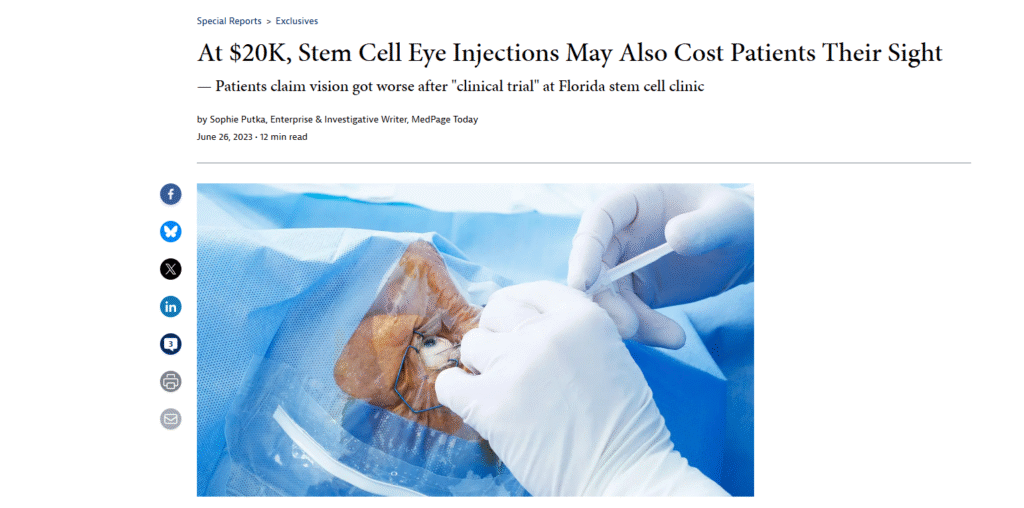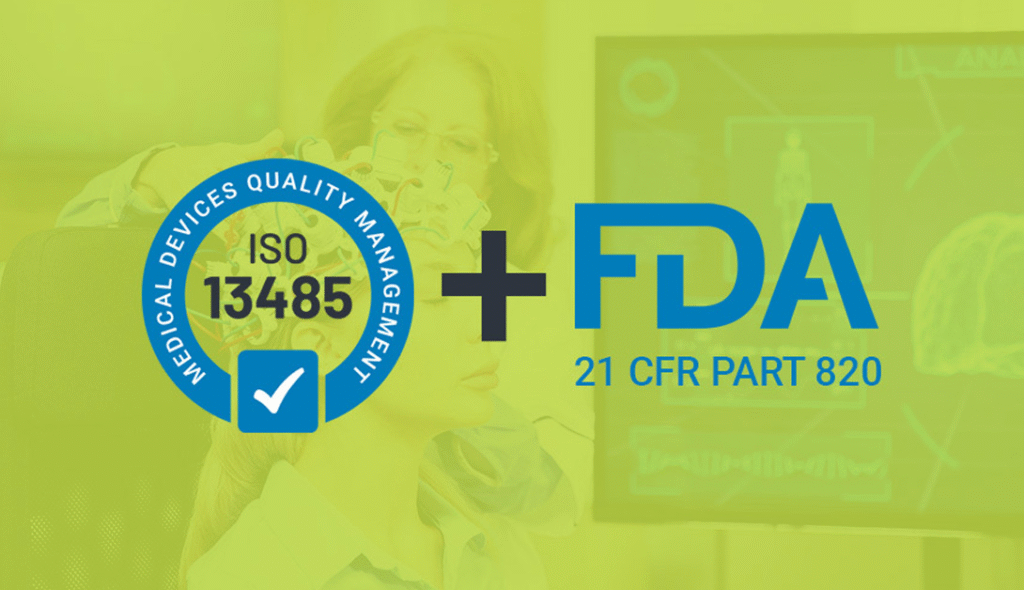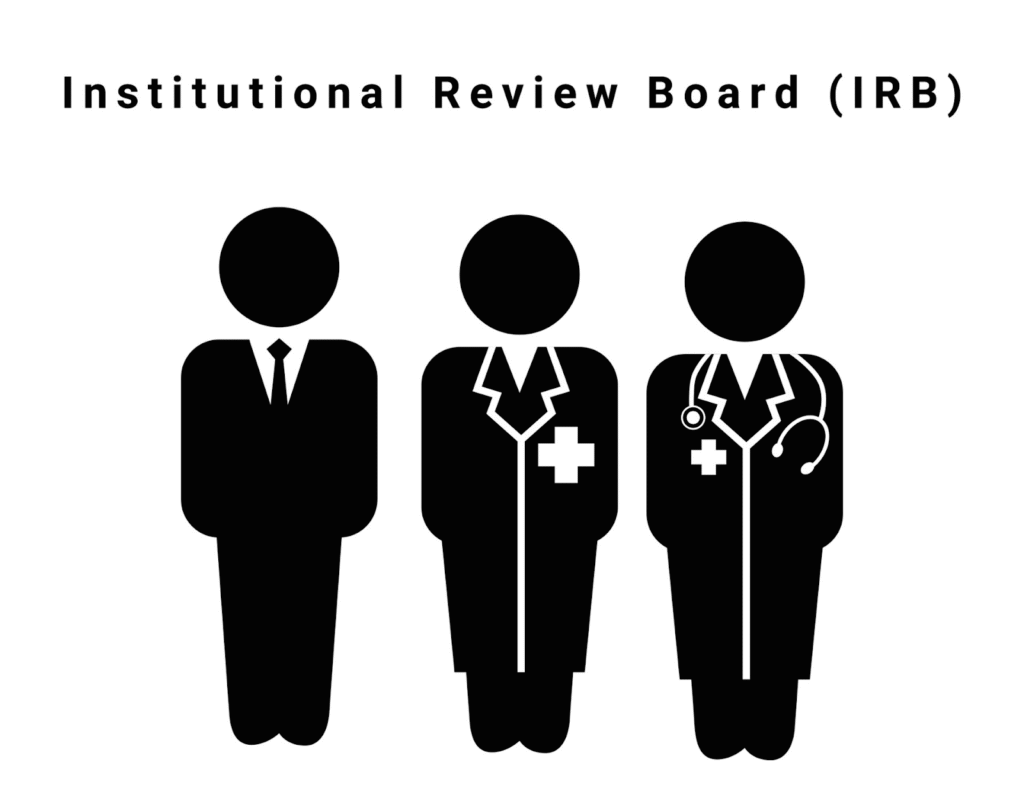
Your Health Magazine
4201 Northview Drive
Suite #102
Bowie, MD 20716
301-805-6805

More Health Technology Articles
The Significance of Selecting Qualified Stem Cell Experts in Treatment

The therapeutic benefit of stem cell therapy in case of degenerative and inflammatory diseases is immense, which used to be mostly challenging to cure. Nevertheless, the compliance and safety of such treatments rely on the selection of a competent, well-regulated clinic staffed with a competent medical team.
Now that there are thousands of stem cell clinics across the globe, most of which provide unproven treatments with overblown claims, this has made choosing the right one more important than ever.
The Dangers of Unregulated Stem Cell Clinics
The stem cell sector has seen a dynamite growth and there is an estimated 3,000 clinics currently in operation in the United States alone.
However, it is rather unfortunate that most of these facilities do not run under due regulatory checkpoint and also provide developmental treatments that were not subjected to rigorous scientific checks of validity. Serious complications with unregulated stem cell therapies have been reported such as severe infections, permanent disability, blindness, and tumors, and death itself.

In a terrifying instance, the patients at a rogue Florida clinic have paid as much as $20,000 in stem cell therapies against degenerative eye disorders only to lose their vision completely.
A study conducted by PEW Charitable Trusts indicated that a total of at least 360 persons had died or suffered permanent disabilities or severe infections as a result of unproven stem cell treatments by the year 2019. These risks highlight the high level of criticality in the choice of a clinic that meets the appropriate regulatory standards and gives patient safety its first priority.
Important Qualifications to Check
To determine the quality of stem cell clinics, there are a number of necessary qualifications that must be confirmed with the aim of safety and effectiveness. The first one is to ensure that the clinic is under a proper regulatory supervision befitting the jurisdiction.
Facilities such as https://dvcstem.com/ show such dedication by performing treatment on IRB-approved protocols registered with the government of the Cayman Islands, which is an imperative measure of patient protection and ethical safeguards.

Another important consideration is manufacturing standards. The facilities where the stem cells are used in therapy must be registered by FDA, and be cGMP-compliant and have other relevant certifications like ISO 9001 and ISO 13485.
These labels guarantee that cell products are subjected to high quality control parameters regarding identity, purity, sterility, viability, and cell count. Seek those clinics, which are able to clearly show their partners in manufacturing and quality assurance.
The origin of the stem cells is also important. In the case of umbilical cord-based therapies, check that the tissue is obtained via AATB-approved suppliers that achieve the compliance with the strict safety and ethical principles of tissue donation, processing and storage.
The Value of Protocols Approved by IRB

The approval by the Institutional Review Board is a significant protection to patients in relation to stem cell therapy. The IRB is a third-party organization recognized as an accrediting agency that reviews the research protocols based on their safety, effectiveness and ethical procedures.
The IRB-approved procedures should involve elaborate informed consent forms explaining the treatment, its possible benefits, possibilities of adverse events, and realistic expectations of outcome.
Clinics that conduct operations based on IRB-approved guidelines must have in place a system of tracking of patient outcomes and adverse events and structured after treatment follow-ups.
This transparency and accountability promise the difference between the legitimate forms of therapy and the experimental treatment offered by greedy therapeutic providers.
Healthcare Proficiency and Accountability
The safety of the treatment and the results of a patient directly depend on the qualification and experience of the medical staff doing the stem cell therapy. Ensure that doctors are appropriately licensed, and board certified in specialties accordingly, as well as having advanced training in the areas of regenerative medicine and stem cell treatment.
Another characteristic of credible stem cell hospitals is transparency. Legitimate clinics freely converse on scientifically established knowledge of their treatments, those still under study and what results can be reasonably expected given the current evidence. They give new information about cell preparation procedures, dosage regimes, routes of delivery and scientific reasoning to its basis.
Warning Signs to Avoid
Extremely avoid clinics that convince patients to make immediate decisions, demand huge advance payments without medical examination or treatment that is not FDA-approved.
The red flags involve identifying a huge number of unrelated conditions as requiring the same protocol, failing to provide the proper informed consent form, no follow-up on the treatment, and being reluctant to answer specific questions on their protocols and outcomes.
Making an Informed Choice
Decision making of a good stem cell clinic takes time and appropriate research and due diligence. Make sure that the clinic is regulated, meets control standards, sources of cells are safe, it is approved by the IRB, clinicians qualify, and the clinic has a good safety history before deciding to be treated.
Seek advice of your primary healthcare professional and discuss the possible use of stem cell therapy in your particular situation as well as assist in checking out possible clinics.
Regenerative medicine suggests a real hope to a large number of patients who have had a hard time curing conditions that have been hard to overcome through conventional methods.
Patients can have the best opportunities to receive safe, effective treatment by selecting qualified and highly-trained stem cell experts who follow strict scientific and ethical guidelines.
Other Articles You May Find of Interest...
- The Growing Demand for Stem Cell Treatment in Chicago: What Patients Need to Know
- 5 Steps To A Healthy And Secure Digital Wellness Routine
- The Digital Immune System: How SeqOps and Bangalore’s Cybersecurity Leaders Are Protecting Healthcare in 2026
- The Role of Two-Way Radios in Enhancing Communication in Healthcare Facilities
- How 3D Body Scanning Technology Is Transforming Fitness and Health
- How Digital Intelligence Enhances User Satisfaction
- How Supportive Vehicle Services Make Community Participation Easier














